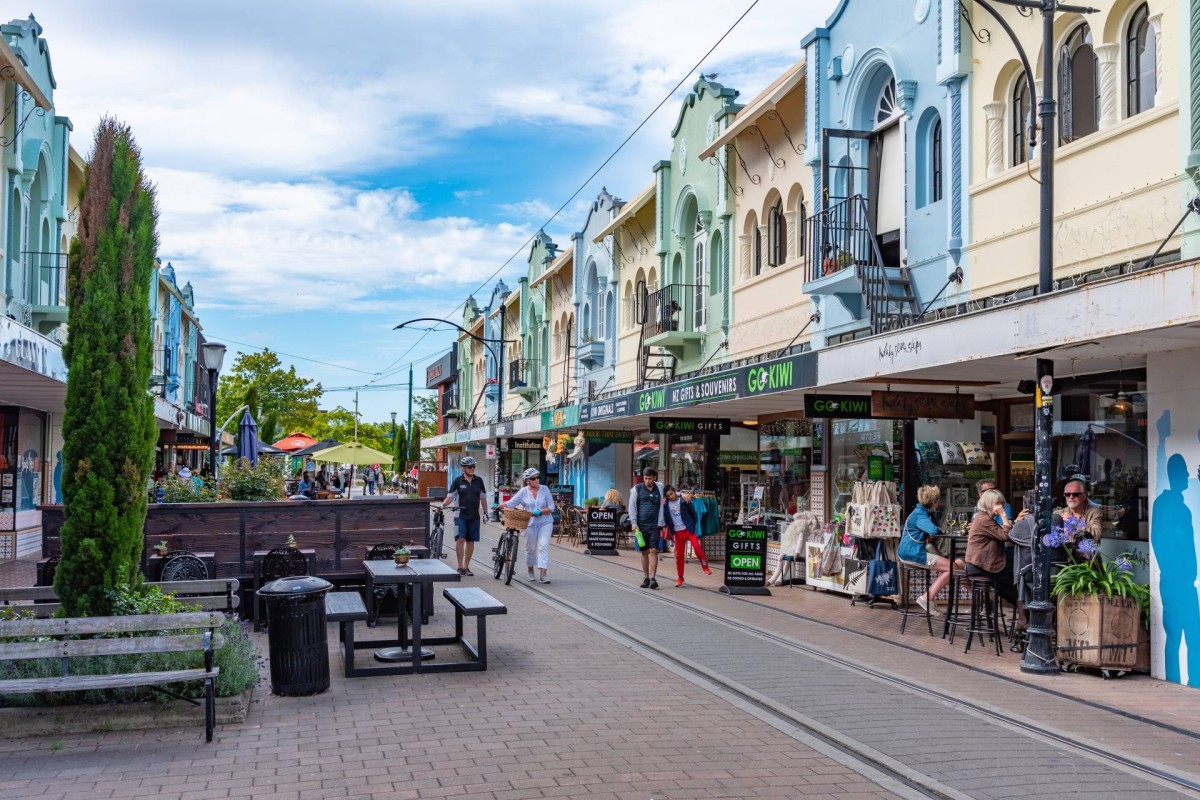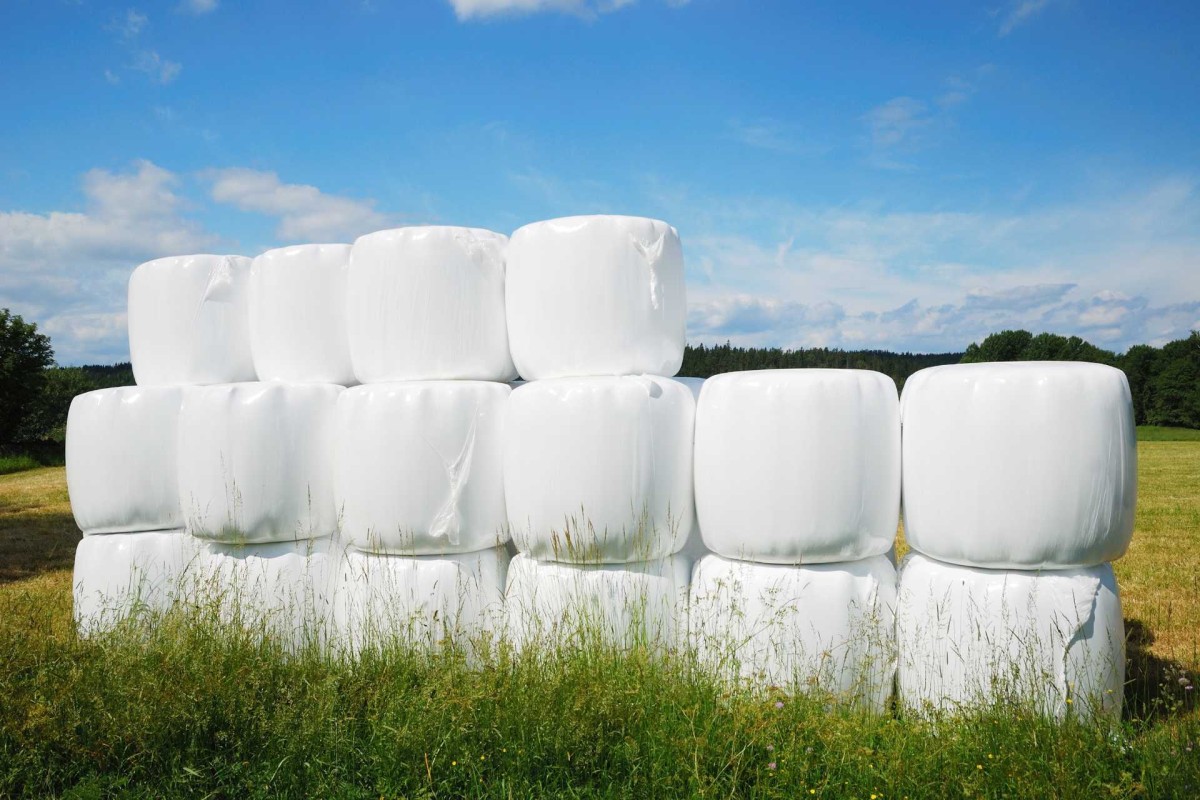Expanding Access to Rural Communities
Grocery delivery service Wonky Box has announced that it now delivers to rural areas. New Zealand’s fastest-growing fruit and vegetable delivery service says the move comes as more Kiwis take action to tackle the nation’s food loss and cost crisis.
“Over the past year, we’ve seen a significant rise in demand from rural Kiwis wanting the convenience of our subscription-based delivery service,” Wonky Box co-founder Katie Jackson says.
“This growing appetite for produce deemed too wonky, the wrong size or colour, or surplus to supermarket requirements reflects a broader shift in consumer shopping habits. More Kiwis, regardless of where they live, are prioritising sustainability and food waste reduction over price and appearance.”
Rising Demand from Key Growing Regions
Wonky Box’s waiting list has been oversubscribed, with demand rising almost threefold from March 2024 to 2025. Interestingly, the highest demand has come from key produce-growing regions, including Central Otago, Canterbury, and the surrounding areas of Tauranga.
“Growing up in Whiteman’s Valley, a rural area just outside Wellington, I remember having to travel at least 15 to 20 minutes to access fresh produce,” says Angus Simms, Wonky Box co-founder.
“We’re thrilled to bring the convenience of Wonky Box to rural communities, like Whiteman’s Valley—making it easier for Kiwis across the country to receive locally grown produce, as well as Wonky Pantry staples.
“Beyond convenience, rural New Zealanders can take pride in knowing they’re playing a key role in tackling food waste while supporting local growers—both in their communities and beyond—and
strengthening the rural economy by ensuring farmers receive a fair price for produce that might otherwise go to waste.”
A Win for Growers and Sustainability
Kiwis continue to look for cost-effective ways to access fresh produce without compromising on their values. By making imperfect produce mainstream, the company continues to challenge the nation’s perception of food quality.
Karen Thian is a grower and part-owner of Broadview Produce, an organic family-run farm located in Southbridge, Canterbury.
“Farming is unpredictable, and no matter how experienced you are, there will always be surplus produce due to the many variables at play, such as the weather,” she says.
“In the past, if we had too much produce, we had no choice but to mulch perfectly good organic produce—despite the time, water, and resources that went into growing and harvesting it.
“Wonky Box has changed that. We can now put that surplus to good use, getting our organic produce into more Kiwi households while still making a return. It’s been a game-changer—less waste, less stress, and a great way to support organic growers across New Zealand.”
The Global and Local Food Waste Crisis
Food waste remains a significant issue worldwide, with around one-third of all food produced—about 1.3 billion tonnes—going to waste each year.
This has major environmental and economic consequences, accounting for 8-10% of global greenhouse gas emissions. That’s more than the entire aviation industry.
In New Zealand, households waste around 157,000 tonnes of food annually, costing the average family over $1,500 and resulting in unnecessary waste of resources like water, energy, and labour.

How Kiwis Can Help Reduce Food Waste
Wonky Box aims to tackle this issue by making it easier for Kiwis to embrace imperfect produce while reducing waste and supporting local growers.
But small changes at home can also make a big difference. Simple steps like meal planning, proper food storage, and freezing leftovers help prevent good food from going to waste.
Understanding food labels can also help reduce unnecessary waste, as many products remain safe to eat even after their “best before” date. Composting food scraps is another way to reduce landfill waste while benefiting the environment.
By making small, practical changes, Kiwis can help create a more sustainable food system—one that saves money, supports local growers, and makes better use of the resources that go into producing our food.























